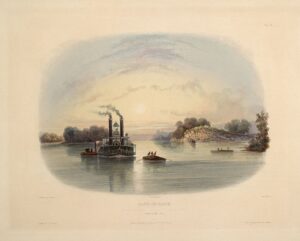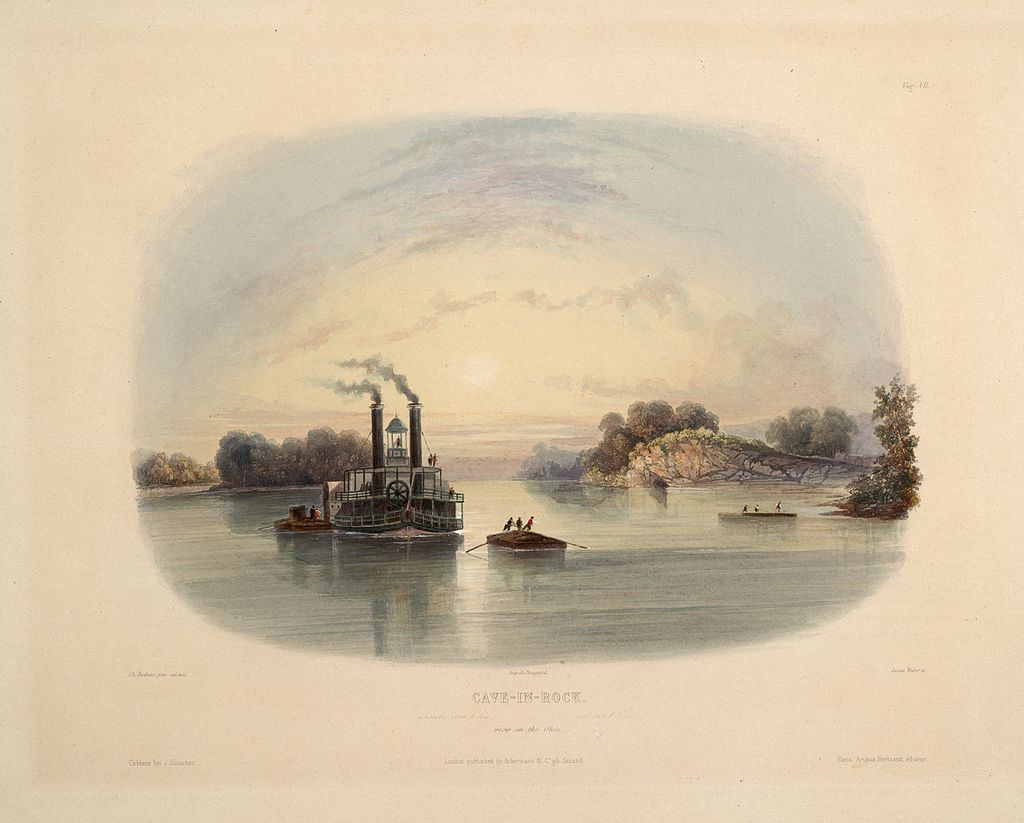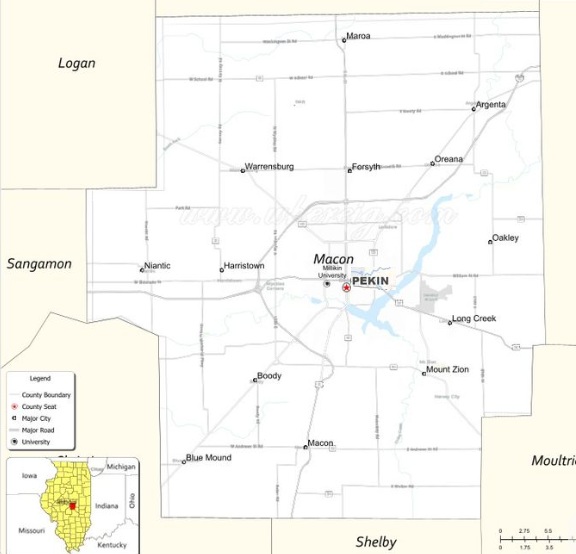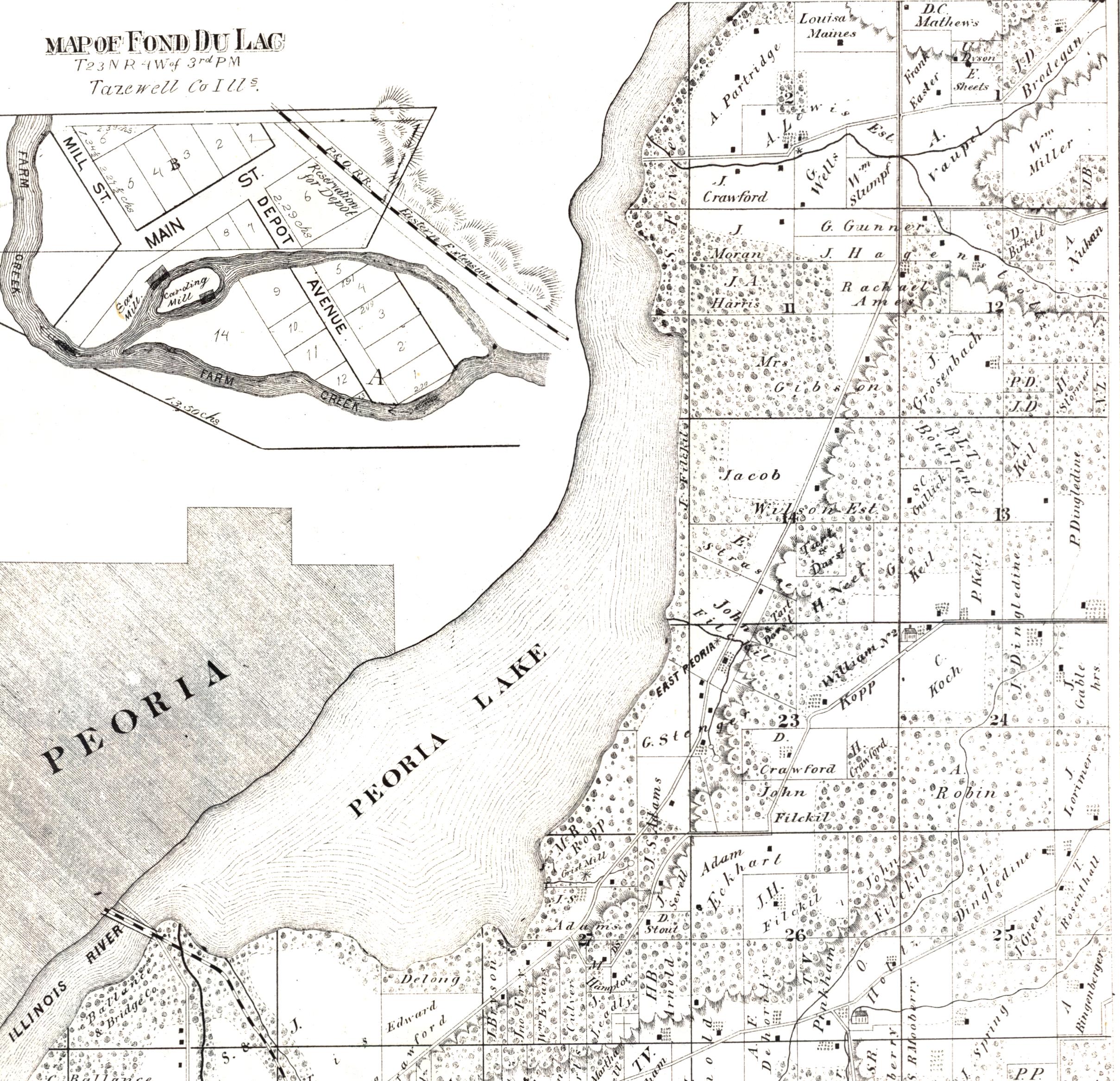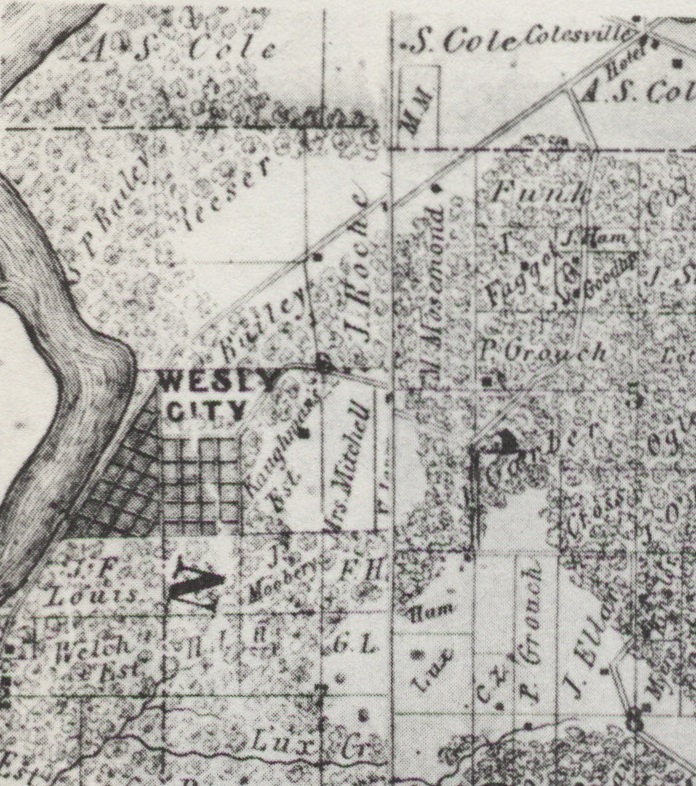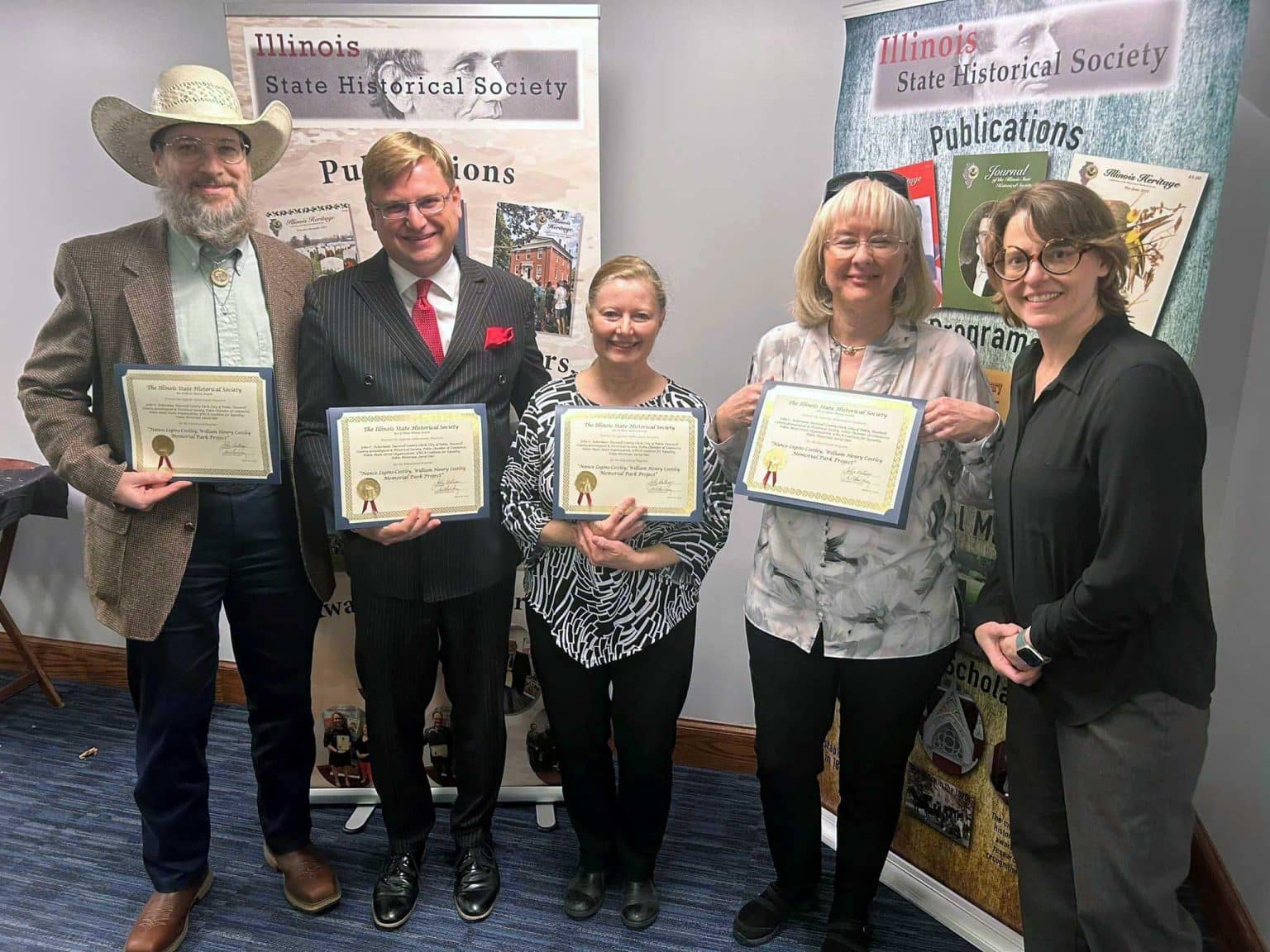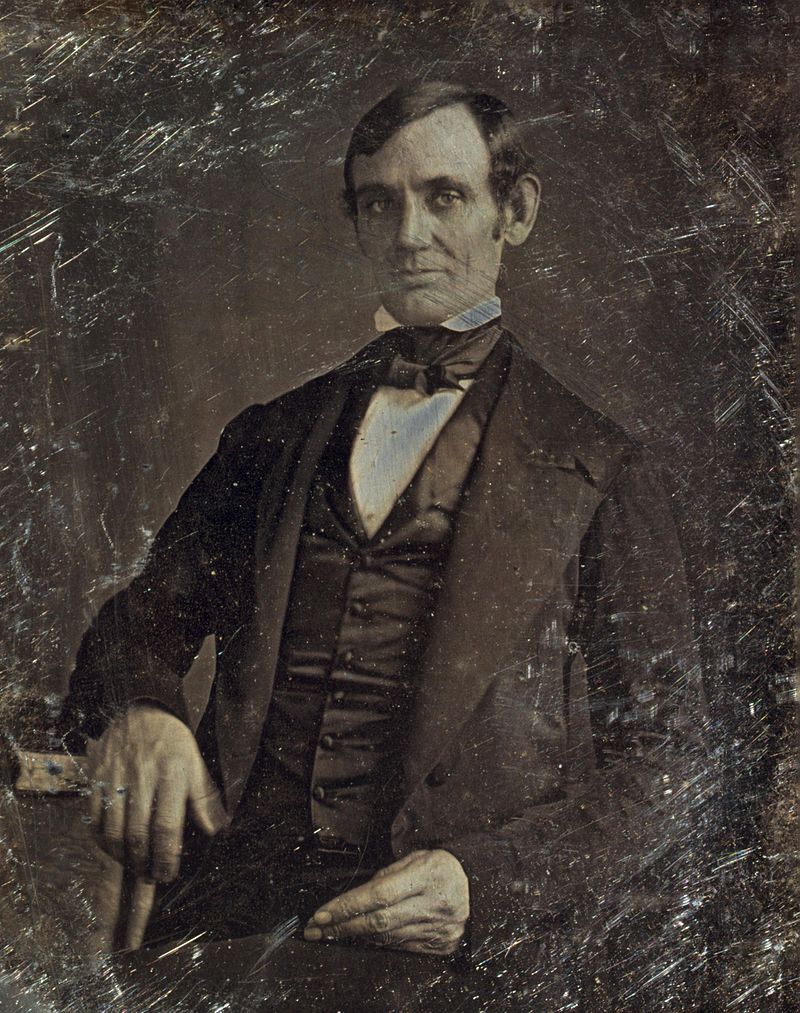One of the publications in the Pekin Public Library’s Local History Room collection is a short book – almost a booklet – of eight chapters covering 48 pages. Written by a Dewitt County Presbyterian pastor named Singleton B. Bedinger and published in 1973, the book is entitled, “Little Egypt: A Brief Historical Sketch of Southern Illinois.”
The relevance of Southern Illinois history to Pekin’s local history is probably not immediately apparent, but Bedinger succinctly states the relevance on page 9, where he says, “Egypt was the first part of Illinois to be settled.” Taking an overview of the history of white European settlement of Illinois in the years following the Revolutionary War, we find that Illinois was settled from the south up, and thus the first capital of the state of Illinois was Kaskaskia in Southern Illlinois. Consequently, many of the first settlers of Tazewell County in the 1820s had come from Southern Illinois, the region of the state that has long been known as “Egypt.”
As this column first discussed three years ago, among the early Tazewell County settlers with Southern Illinois connections were the brothers Elisha Perkins and Major Isaac Perkins, one of the co-founders of Pekin and Tazewell County’s first Recorder of Deeds. (See “The life and death of Major Isaac Perkins,” in the Aug. 3, 2013 Pekin Daily Times, page B2) As we recalled then, Isaac’s father Solomon was the first permanent settler in the Cave-in-Rock area of southern Illinois in the early 1800s. One of Solomon’s neighbors in Cave-in-Rock was Capt. Lewis Barker, first Illinois state senator for Pope County, Ill. Solomon’s son Isaac married Capt. Barker’s daughter Jane Barker in Pope County, Ill., in 1813. Jane’s sister Susannah married Isaac’s brother Elisha. Jane and Susannah streets in Pekin are named after them.
One of the first matters Bedinger addresses in his book is why Southern Illinois is known as “Egypt.” According to Bedinger, one popular explanation is that the name arose from the hardship and near famine that threatened the pioneer settlers of Illinois following “the Great Snow” of 1830-31. Lacking food due to crop failures, Illinois pioneers had to buy grain in Southern Illinois, which had escaped the effects of the cold and snow. The story goes that these hungry settlers compared their plight to the biblical story of the sons of Jacob having to go down to Egypt to buy grain during a seven-year famine, and so Southern Illinois became their “Egypt.”
But Bedinger says this popular account is unhistorical. In fact, the name comes from the 1818 founding of the city of Cairo, named after the modern capital of Egypt. Looking upon the confluence of the Mississippi and Ohio rivers, Cairo’s founders apparently were reminded of the Nile Delta. Pioneers soon began to give other towns in the area names like Karnak, Thebes, and Goshen. All of this was well before the Great Snow of 1830-31.
Bedinger also argues that Little Egypt was connected to the invention of an old nickname for Illinois – “The Sucker State.” Bedinger writes (pages 10-11):
“One would expect the inhabitants of Little Egypt to be called Egyptians, but generally such was not the case. Instead they were called suckers and there are several theories about this. The most likely explanation is that the term originated in the northwest part of Illinois. Men would go there to work in the lead mines during the summer months. Because Galena was situated in Indian territory and was headquarters for the mining industry, the miners from the south usually would travel upstream on the Mississippi River instead of overland. The fish known as the sucker would reach the vicinity about the same time as the miners. It was not unusual to hear someone say, ‘Here come the men from Southern Illinois; it’s time to fish for suckers.’ If the fish arrived first, someone would say, ‘Here come the suckers; now look for the Southern Illinoisans.’”
